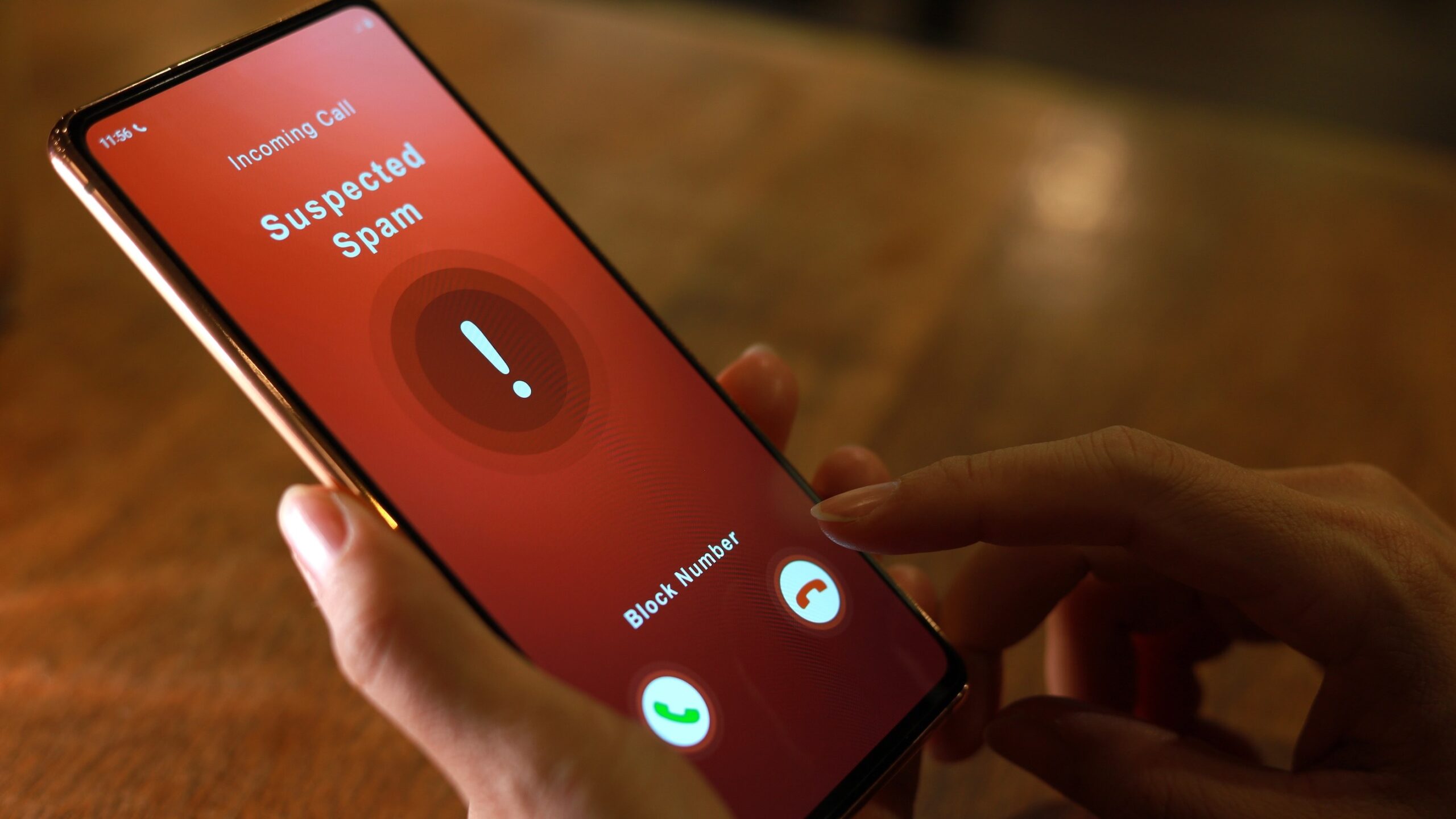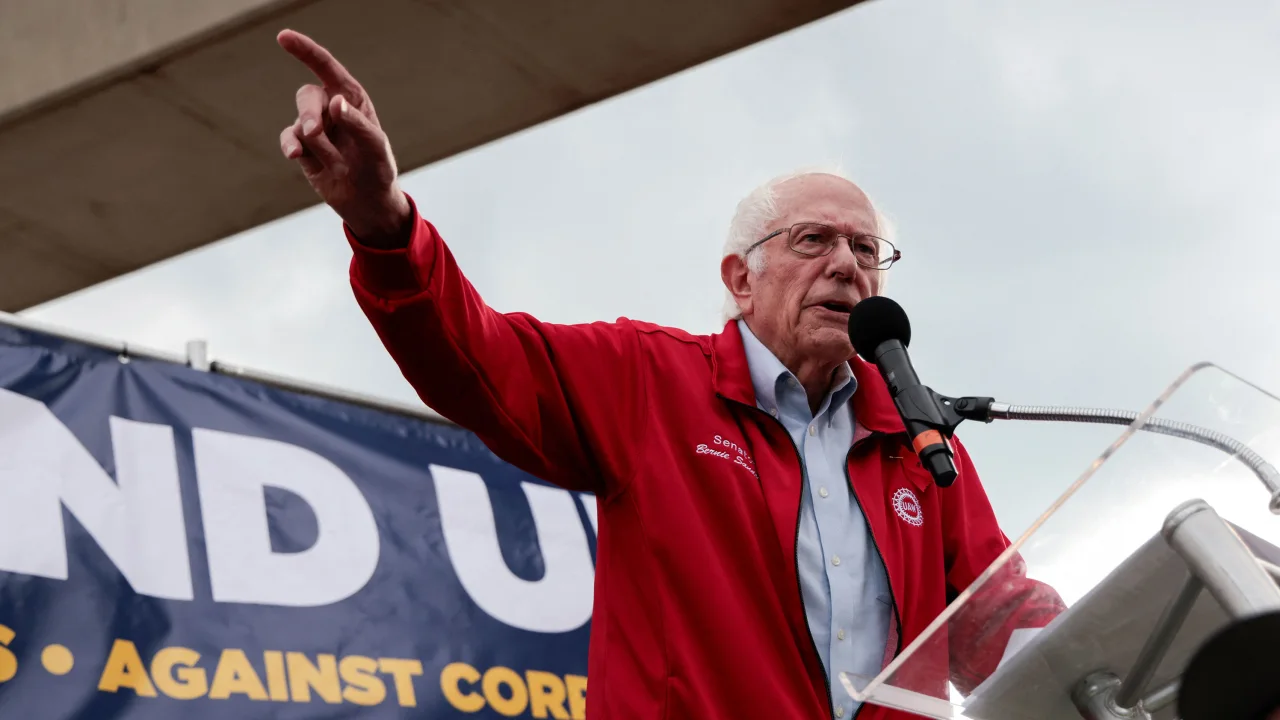The Federal Communications Commission (FCC) has taken a resolute stand against a gargantuan illegal robocall operation that has plagued consumers for years. In a landmark move, the FCC has imposed an unprecedented $300 million fine on the Perpetrators of this auto-assurance scam, marking the biggest such community the FCC has ever investigated. The operation spanned the globe and engaged in billions of illegal robocalls, violating US telecom laws and causing substantial nuisance to millions of individuals.
Scope of the Illegal Operation
The extent of the robocall operation’s infringement is staggering. Over a mere three-month span in 2021, the operation made more than five billion illegal robocalls to over half a billion phone numbers. This massive campaign was part of a broader scheme that had been operational since 2018. The perpetrators utilized a labyrinthine network of shell companies, aliases, and transient telecellsmartphone carriers to misinform purchasers into buying subpar carrier contracts for his or her vehicles.
Key Figures and Repeat Offenders
Roy Melvin Cox Jr. and Aaron Michael Jones were not new to the world of telemarketing fraud. They were already under judicial orders prohibiting their engagement in such activities. Despite these orders, they continued their nefarious pursuits, adding to the operation’s scale and audacity.
Enforcement Breakthrough and Dramatic Reduction
A sizable turning factor on this war got here while Ohio Attorney General Dave Yost initiated a lawsuit towards the operation in July. The lawsuit provided valuable insights into the network’s modus operandi and organizational structure.Concurrently, the FCC told US voice vendors to stop sporting calls originating from vendors related to the operation. This decisive action led to an 80% reduction in auto-warranty spam calls within weeks. Ultimately, the FCC’s intervention resulted in a staggering 99% reduction in such calls.
Technology and Policy as Enforcers
The crackdown on this robocall operation underscores the growing efficacy of technology and policies aimed at curbing illegal robocalls. Advancements in call-tracing technology have facilitated rapid identification of the sources of automated calls. In addition, FCC policies have enabled the blocking of entire voice providers from the US telephone network for robocall violations. Collaborations between the FCC and various states have fortified enforcement efforts, with 46 states, the District of Columbia, Guam, Hawaii, and New Mexico participating in the fight against robocalls.
A Call for Broader Enforcement Authority
FCC Chairwoman Jessica Rosenworcel emphasizes the agency’s unwavering commitment to eradicating this nuisance. She emphasizes the need for the Justice Department to collect the federal fine. Looking forward, Rosenworcel advocates for Congress to empower the FCC to independently pursue payment through the courts. This move would bolster the FCC’s authority and efficacy in combating illegal robocalls.
Conclusion: A Battle Against Persistence
The FCC’s historic $300 million fine sends a resounding message to robocall scammers that their actions will not go unpunished. By partnering with states and leveraging technological advancements, the FCC is demonstrating its dedication to upholding consumer privacy and ensuring that the digital realm remains a safe space. As technology evolves and scammers adapt, the fight against robocalls remains an ongoing battle, but the FCC’s determination to quell this menace is resolute.



